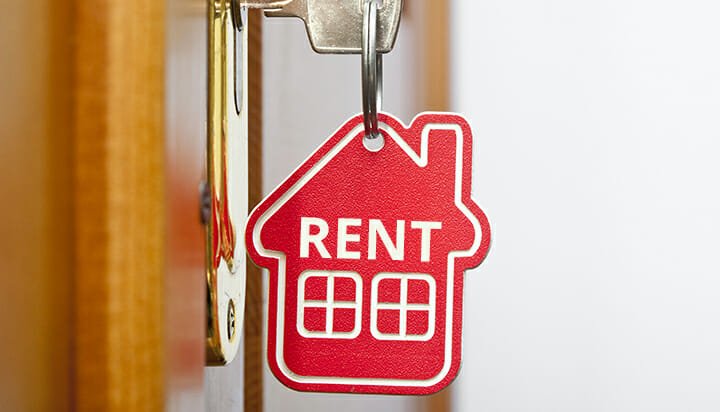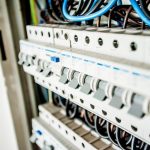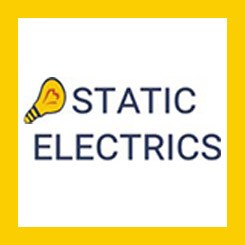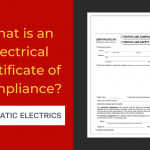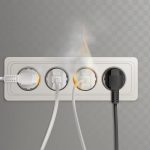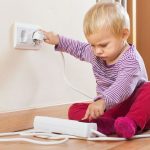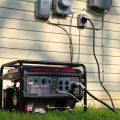As a landlord or letting agent, you’re probably aware that you have a number of obligations that you need to fulfil for your tenants. Under the Registration of Tenancies Act, 1997 landlords need to ensure the rented accommodation is in a good state of repair and maintained in good order.
So factors such as ensuring a good standard of general building maintenance are obvious, but what about electrical safety? Do you have obligations and if so what are they?
The answer is that under the guise of ‘good repair’ comes electrical safety. This includes the safe working and proper maintenance of all electrical appliances. As such there are two vital areas that landlords need to know relating to electrical safety and they are:
- The proper installation and/or new replacement of electrical appliances and
- The correct use and maintenance of existing appliances that adhere to or follow manufacturers’ guidelines.
Failing to meet these basic requirements may cause property damage in the event of a fire, injury or death of a tenant and probably, a very expensive lawsuit.
So how do landlords ensure that these fundamental basics are carried out? Let’s take a closer look…
Before letting or re-letting, landlords need to ensure proper cleaning and servicing of electrical appliances in accordance with the manufacturer’s guidelines. Careful attention should be paid to a build-up of dust, particularly in and around heaters and cooling fan inlets.
Check all plug points and outlets for any signs of wear and tear, including browning or charring of sockets or cable fraying, and replace any plugs, sockets, or cables that could be potentially dangerous. In addition, any appliances such as toasters, kettles, or heaters with faulty switches should also be repaired or disposed of and replaced.
Finally, ensure all ventilation openings are both clear and unobstructed and record all work or undertaking on a document. This way when it comes to the time when a tenant signs a new licensing agreement you can prove that you’ve fulfilled your end of the deal. But also it covers you just in case there is any kind of dispute.
What about carrying out electrical work?
The first thing to remember is that it’s illegal for a non-qualified person to perform any kind of electrical work. While it can ‘null and void’ any insurance you might have, from a practical perspective, it’s also dangerous. For this reason, it’s important to check that the contractor is fully legal to perform the work. After any work is carried out, the contractor should always issue a Certificate Of Electrical Safety (COES).
By following these electrical safety obligations, as a landlord, you can rest assured that you have done all you can to ensure the safety of your tenants.
If you need further peace of mind, then you can always contact Static Electrics. As a fully licensed company with experienced electricians, we can also carry out domestic electrical safety checks to ensure the safety of your tenants.
So give us a call on07 3497 5076 and let’s talk.

